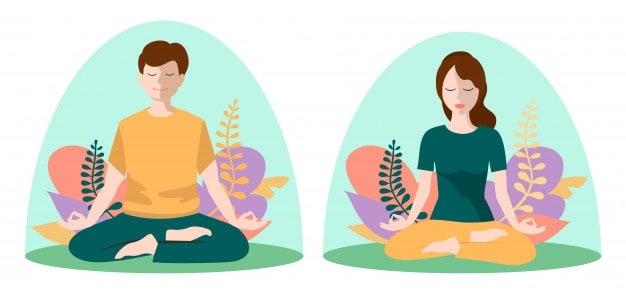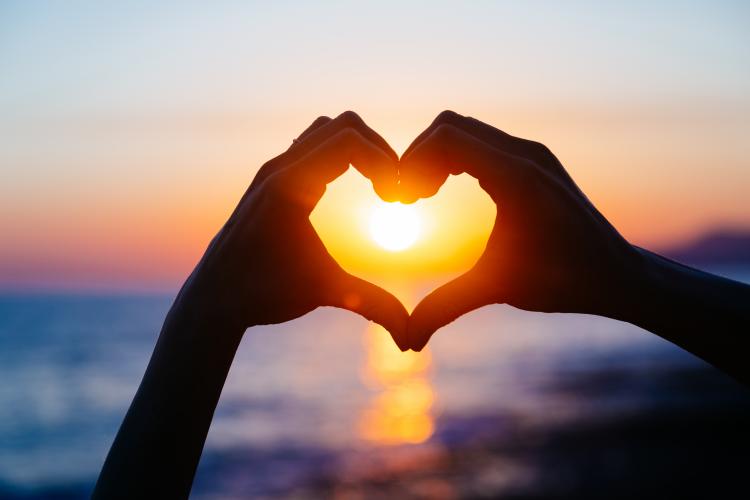Tricky Thirty
Tricky Thirty
When we are in our teenagers and 20’s, we are so full of energy there are so many pretty great things about adventurous time, full of self-exploration and socializing like the late-night partying, the carefree hanging out, the hordes of nameless, faceless roommates, fighting with friend’s one day and being normal just the very next day. It feels like being on a roller coaster ride as you can’t predict the next move you’re going to make. There’s constant, persistent worrying and anxiety about career, relationship, family, college, studies, your social life. But in those moments we find ourselves, apart from self exploring there’s one most important aspect of not stopping by no matter what happens. And that’s the best thing about being in your 20’s. But at the end of 29’s there’s a lot of panic attacks and anxiety of our life’s fun that might end.

Most of the people enter their 30’s with problems, questions, confusions, and a maturely sedated frightening face having so many things in mind like When is the right time to get married ? Do I really want to get married? Have some kids? Own a home one day? Lose weight? Gain weight? Expand my career/business? Am I Happy with my job right now ? Should I ask for a hike in my pay check? Is this enough according to what I planned in my younger age? Am I being enough for everyone? Should I still look for other people for dating or should I marry the current person I am dating ? Is this the right time to explore my sexuality, and sexual fantasies? Should I get a new house or should I still love my parents? Am I being a burden on my parents? Are they worried only about my marriage? Are they looking for someone I should marry ? Will I get married to an unknown person? And the list of questions is never ending. You don’t even realize when your questions of what to wear shifts to whether staying single or getting married or keeping your job or exploring more options.

There are so many misconceptions that tell us that life in the 30’s is a full stop on your life. Why ? Do we stop aging after our 30’s? The answer is no. According to a new study, changes in the brain and nervous system doesn’t hit maturity (in cerebral terms) until they reach 30 or beyond. This is a golden time when strength, oxygen efficiency and coordination come together, meaning optimal performance for the sharp end of sport. Most of famous inventors and scientists achieved their career breakthroughs in this period. The social network, the friendships that last are typically higher-quality and more enduring which shifts our friend circle from quantity to quality.

30s is the stage that heralds in more optimism and less stress than before (probably because we’ve learnt not to care so much). By this age innocence has been lost, but our sense of reality is mixed with a strong sense of hope, a ‘can do’ spirit, and a healthy belief in our own talents and abilities. We have yet to develop the cynicism and world-weariness that comes with later years. Your 30s is also the time when depth and quality of connection with your partner starts to pay dividends. 30-somethings do their homework, typically aiming for activities that are more off-radar, and locally orientated.

Another study found that adventurers in their 30s are more likely to scrupulously research their trip, and stay in high-end hotels.



















